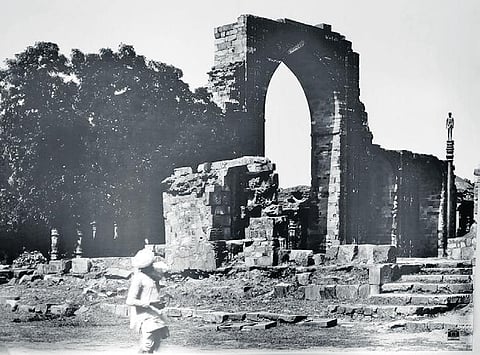

NEW DELHI: After a hiatus due to the coronavirus outbreak, the Delhi government’s ambitious oral history project—to record memories of prominent city residents—is back on track.
Delhi Archives has finalised names of 100 individuals who have played a significant role in the development of the city or participated in or observed past events in the national capital over the decades.
The list includes former lieutenant governors, artists, players, educationalists, social reformers, authors, and historians. Sanjay Garg, head of Delhi Archives, said that interviews of 35 personalities had been recorded on video so far.
“The idea is to preserve the memories and perceptions of people who have seen the transition of the city over the decades in their voice and words for future generations and research scholars. Their stories will enable us to know the history of Delhi from different perspectives which are not available in written forms. Interviews are being held and we are hopeful that the project will complete by end of this year,” said Garg.
The project under the arts, culture and language (ACL) department of Delhi government was launched by the Archives in August 2019 for which it had collaborated with the Centre for Community Knowledge (CCK)—a research centre of Ambedkar University, Delhi. A committee set up for the purpose selected 100 famous and lesser-known personalities for the pilot project.
“Till now, the one-on-one interaction —recording of anecdotes— has been conducted with 35 people including Professor Irfan Habib, former bureaucrat Janak Juneja, veteran doctor KS Rana, and Jeet Singh Solanki. We recorded an interview of Ustad Iqbal Ahmad Khan of Delhi Gharana just before his death last year. Meetings with renowned wrestler Sat Pal and several others are being planned,” said Garg.
Emphasizing documentation of the oral history of the city, retired IAS officer Juneja, in an interview as part of the project, said that the stories of the transition of Delhi should be told to the younger generation.
“How fortunate we are; we have been able to see the transition from a slave country to an independent country. These stories and aspects need to be told to the younger generation so that they can have an idea what the country was. Where have we reached and what cost we have paid for the development. Development is not just physical or infrastructure growth. It needs to be social and human also,” said Juneja, who migrated to the national capital after partition.